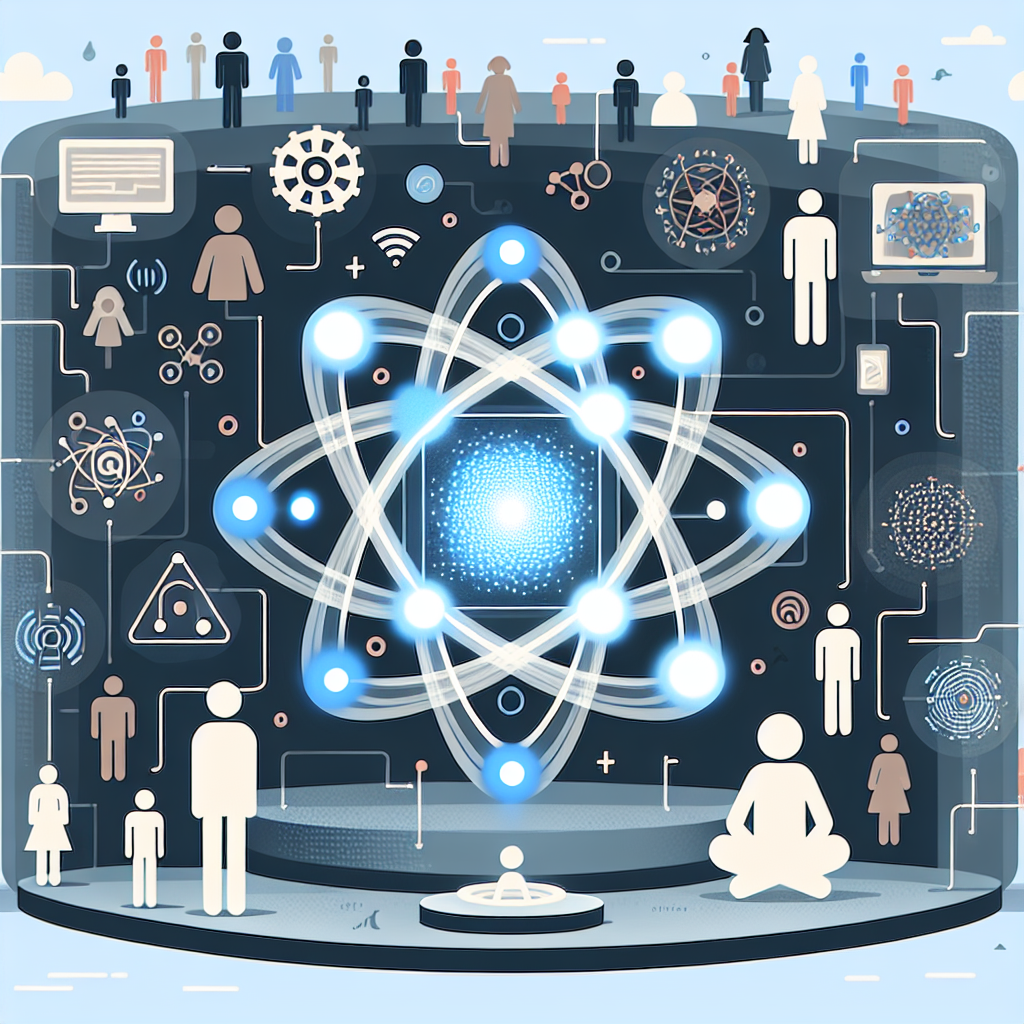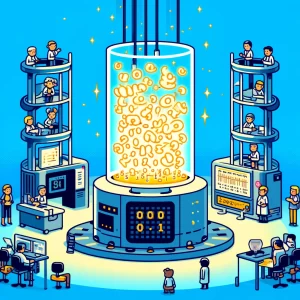
The Impact of Quantum Computing on Technology and Society
As we delve deeper into the world of quantum computing, recent news and scientific discussions highlight significant strides in this revolutionary field. With the 2025 Nobel Prize in Physics awarded to John Clarke, Michel Devoret, and John Martinis for their contributions to quantum computing , it becomes apparent that quantum technology is transitioning from theoretical exploration to practical applications. This exploration will provide a comprehensive understanding of how quantum computing is poised to transform technology and address real-world challenges, as well as its societal implications.
Quantum Leap in Computing: Current Breakthroughs
The awardees of this year’s Nobel Prize made significant contributions to understanding and developing quantum mechanics which enabled the construction of quantum computers. Their work allows controlled quantum states, as seen in Bell’s test experiments, confirming genuine quantum correlations across qubits. This leap in understanding lends itself to profound applications including secure communication and complex calculations beyond classical computers’ capacities.
Practical Applications of Quantum Technologies
- Medical Advancements: Quantum computing can simulate complex molecular structures, significantly advancing drug discovery and personalized medicine. Breakthroughs like bacteria fighting cancer could see accelerated research and testing timelines.
- Climate Solutions: Quantum algorithms could optimize energy grids or simulate environmental phenomena, offering insights into solving pressing issues like carbon reduction stratagems.
Economic and Security Impacts
Quantum computing stands to revolutionize the economy by solving complex problems currently intractable, improving logistics, production processes, and financial modeling. However, the potential also heralds challenges. The encryption techniques fundamental to internet security would be vulnerable to quantum hacking, prompting research into quantum-safe algorithms.
Changing Paradigms: Societal Implications of Quantum Computing
While the technical ramifications of quantum computing are profound, its societal implications are equally transformative. The advent of powerful computational capabilities raises ethical discussions around data privacy and intellectual property. The potential for AI-driven research facilitated by quantum computing could reshape job markets, emphasizing the need for new skills and education strategies.
Reshaping Education and Employment
The demand for quantum computing literacy is rising, emphasizing the importance of integrating quantum education at all levels, preparing future generations for a shifting job landscape. Research like the work on immune tolerance demonstrates the profound outcomes possible with advanced computational powers—validating the need for aligning educational frameworks to emerging technologies.
This narrative of quantum computing’s progress underscores the need for a balanced approach, fostering innovation while safeguarding ethics and equity. By marrying technical prowess with thoughtful implementation, the journey of quantum computing promises to be as exciting as it is transformative.



